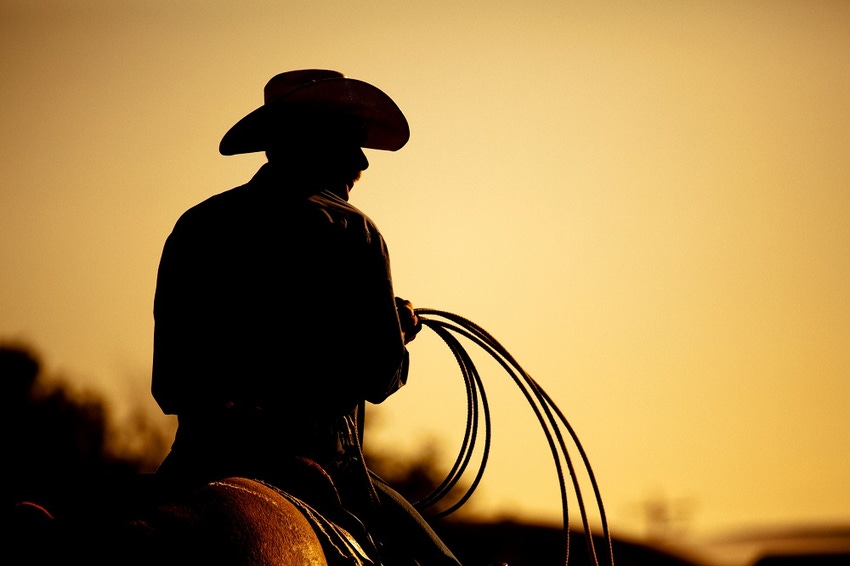
Most of us have experienced the feeling of being in love and its glorious state. Can you imagine living in that glorious and excitement phase for a period of 10 years?
Don’t you think that would lead to a meltdown resulting in little but ashes?
When it comes to decision-making and judgments we often struggle with exactly this problem. We tend to look at practices as being either good or bad. We fail to think in terms of good, better, best or bad, worse and worst, and we focus too much on feelings and not enough on reason.
Knowledge can last, good principles can last, good habits can last, but feelings come and go.
Along those lines, I think most everyone agrees with me on several facts concerning the cattle business:
It is not a “big lick,” one-year enterprise
It requires annual profitability
Markets and weather change on a regular basis, and every year is different
There is a close correlation between our cattle and the soil, its life and its plants. The overall health of this system has a tremendous effect on our health.
Many people refer on a regular basis to common sense and experience being the best instructor. What we need not forget is the fact our management styles, beliefs, experiences and actions are colored through and through by old ideas, commercials, magazines, books, meetings, conversations and observations as we drive down the road.
It takes thought, patience, close observation, skill and learning and adherence to the natural model to make this journey a success.
Mistakes and failures are important. The key is to limit their size and the time element. A cattle move that results in a hillside being browned out (muddied up) for a few hours overnight often results in the best grass on the ranch. Let the same thing happen for several days or a week and we might have erosion, weeds and bare ground for years.
Lack of daily supplement occasionally may actually strengthen the immune system and grazing aptitude of the cattle. Taking the supplement out for continuous days and weeks often stops gains and breeding.
I believe that the right perspective in the cattle business is one based on true love and not based on feelings. Emotions and feelings were granted to us by the Creator for our short term use and control. None of these are capable of maintaining our operations long term.
We recommend routine periods of study and planning in most every aspect of cattle ranching/farming operations. We have seen extreme positive effects following two to five years of consistent learning and application of the natural model. We’re speaking of real decisions and regular execution based on facts, not feelings.
The result can move our operations, and hopefully our lives, well down the road of the right perspective and real success.
About the Author(s)
You May Also Like






